Singer-songwriter Mitski Miyawaki (known as ‘”Mitski”) has always been an extremely vulnerable lyricist, sharing not only her personal experiences through her music, but also heavy topics for listeners to find solace in. Her most recent album, “The Land Is Inhospitable and So Are We” is no exception to her discography. Covering themes of guilt, regret, desperation, loss and the emotional complications of love, Mitski moves away from the previous pop landscape of her last album, “Laurel Hell” to introduce gorgeous choir harmonies, soft vocalizations, organ patches and heavy guitar chords to paint a raw yet gentle ambiance for the album.
Released on Sep. 15, 2023, Mitski’s seventh studio album “The Land Is Inhospitable and So Are We” features 11 tracks varying from dream-like synth backgrounds to heavy acoustic strumming. Throughout all the tracks, Mitski’s vocals remain echoey, accompanied by choir voices in many of the choruses, which are most prevalent in the first track, “Bug Like An Angel.” Also consistent throughout the album is poetic, compelling lyrics which are a staple of any Mitski song.
Even with a new distinct musical sound, “The Land Is Inhospitable and So Are We” is still, very distinctly, a Mitski sound, with her poetic lyrics and gorgeous quality. With such a varied album, it’s hard to pinpoint what exactly the main message could be. By tying folk and nature elements with deep, vulnerable human themes—guilt, desperation, the fear of loss and complication of love— Mitski highlights that with our ongoing destruction of not only what is around us, but ourselves too; the land is becoming inhospitable, and so are we.

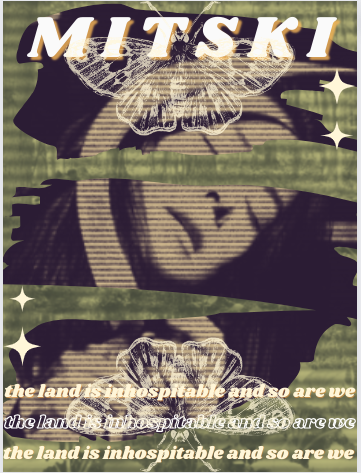
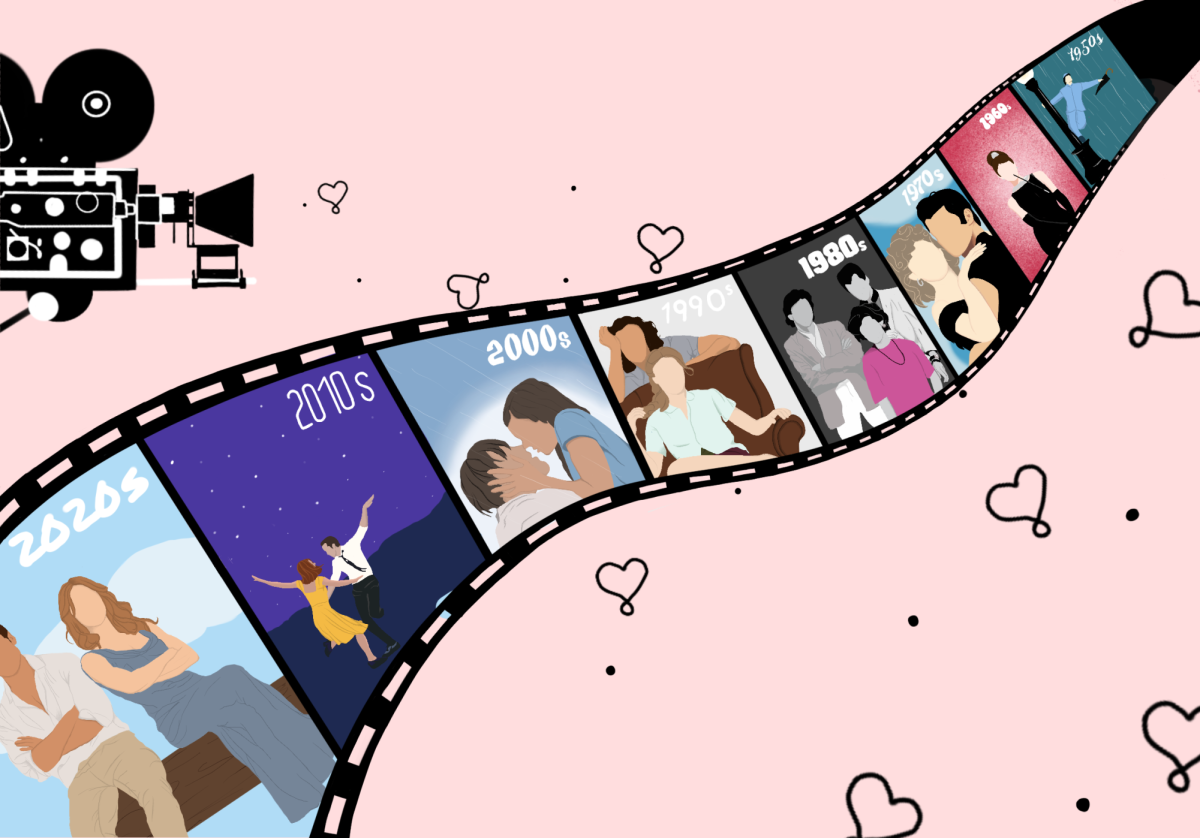
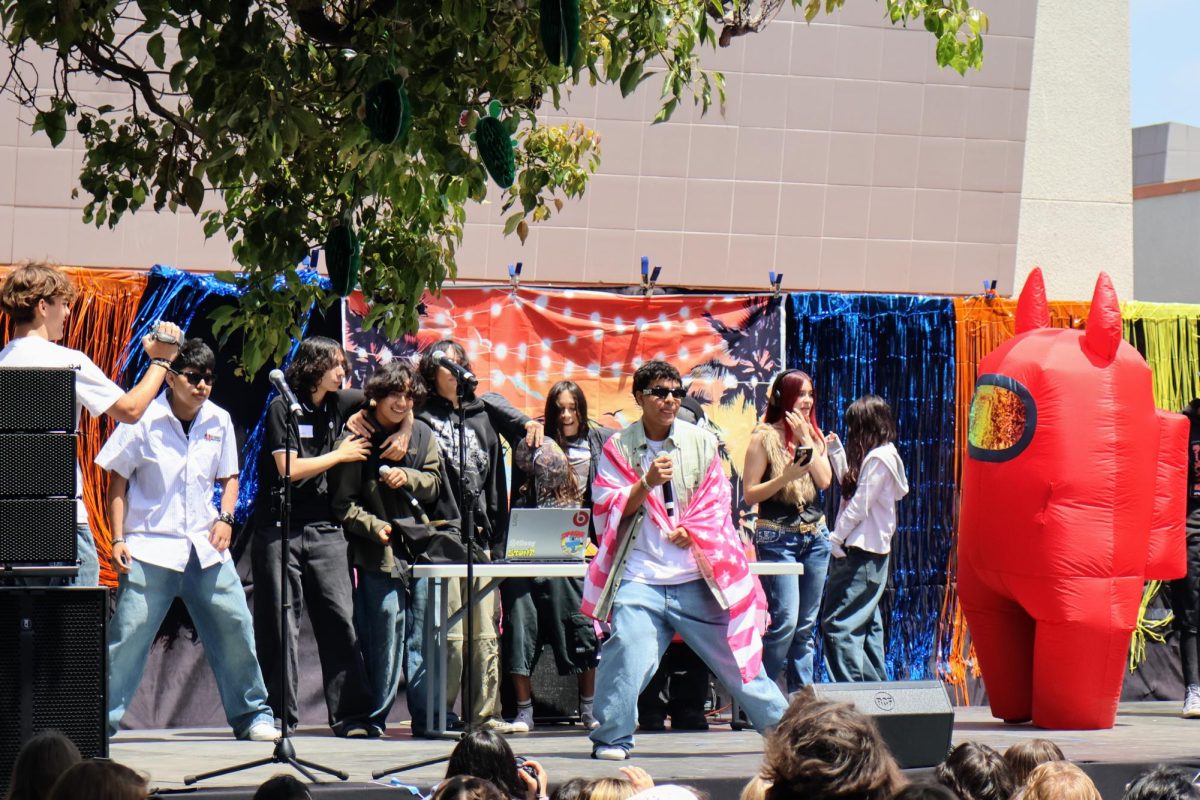
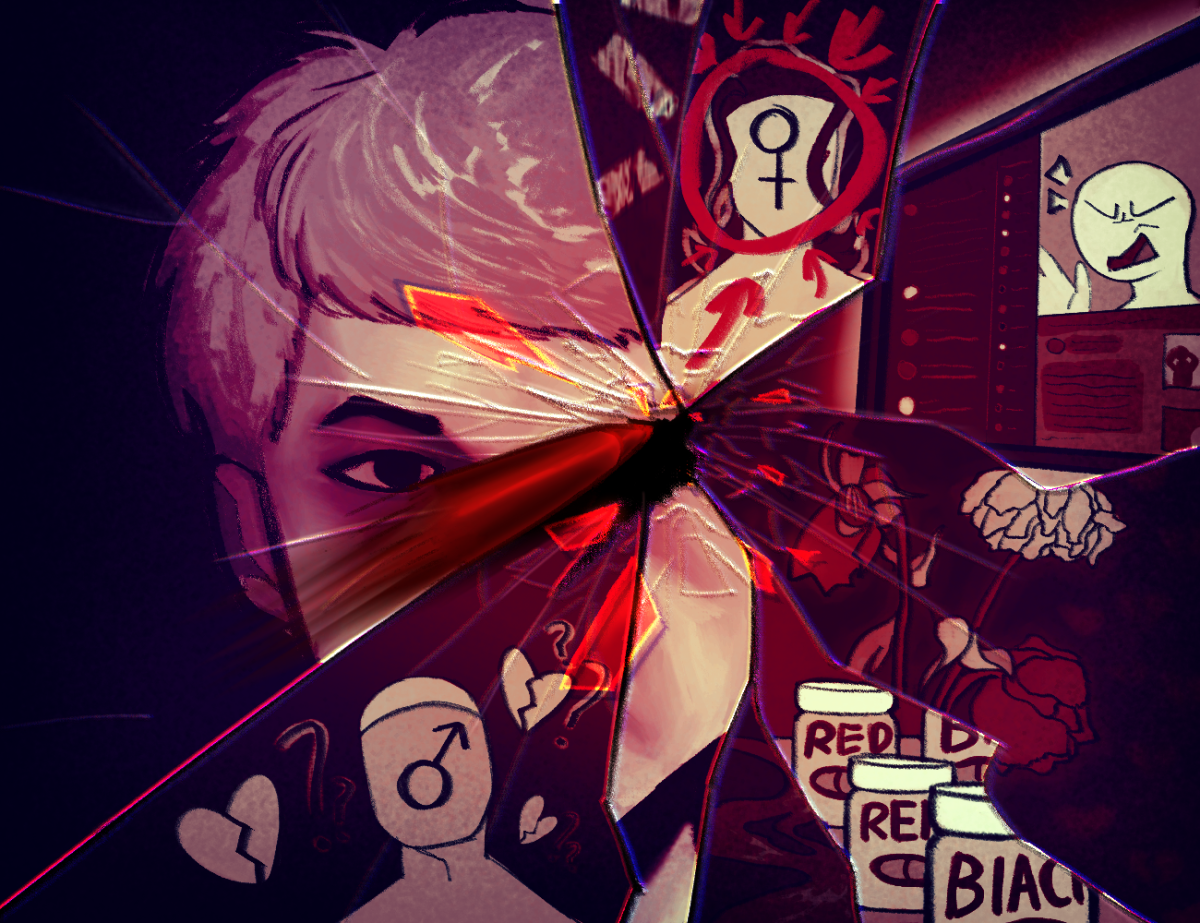

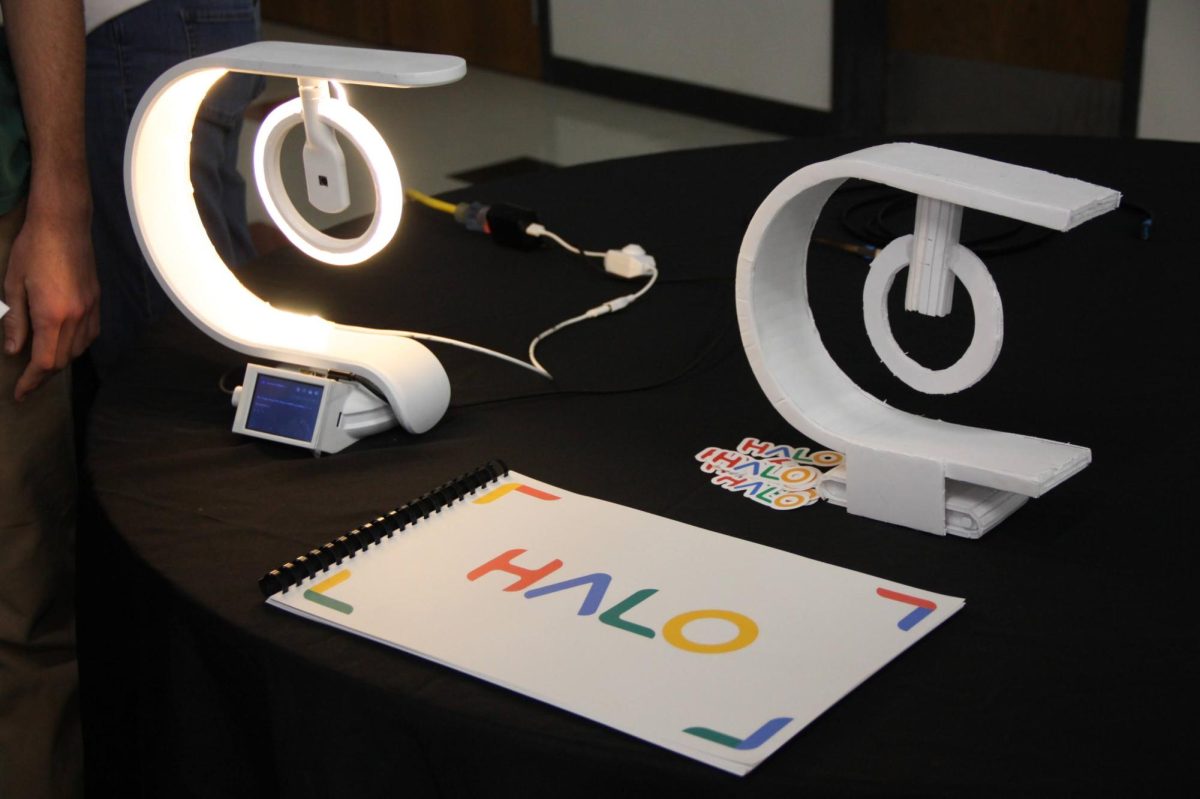
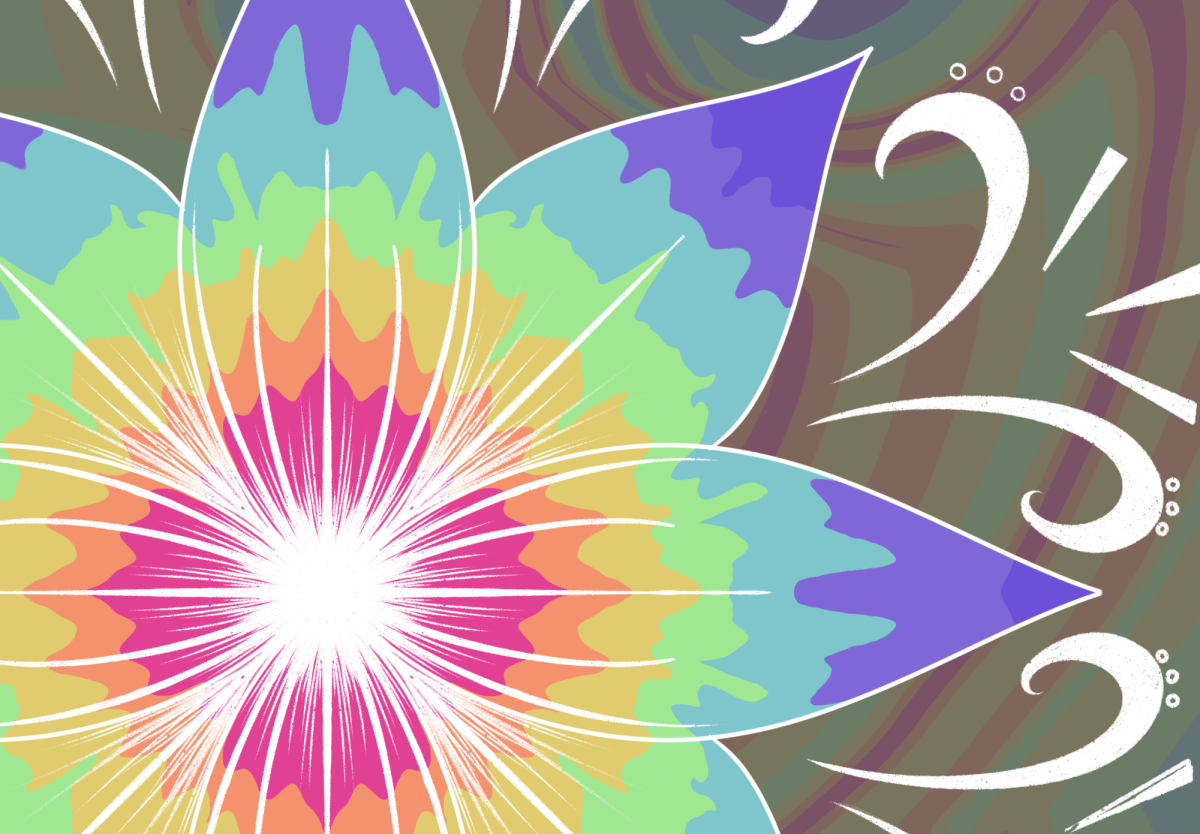



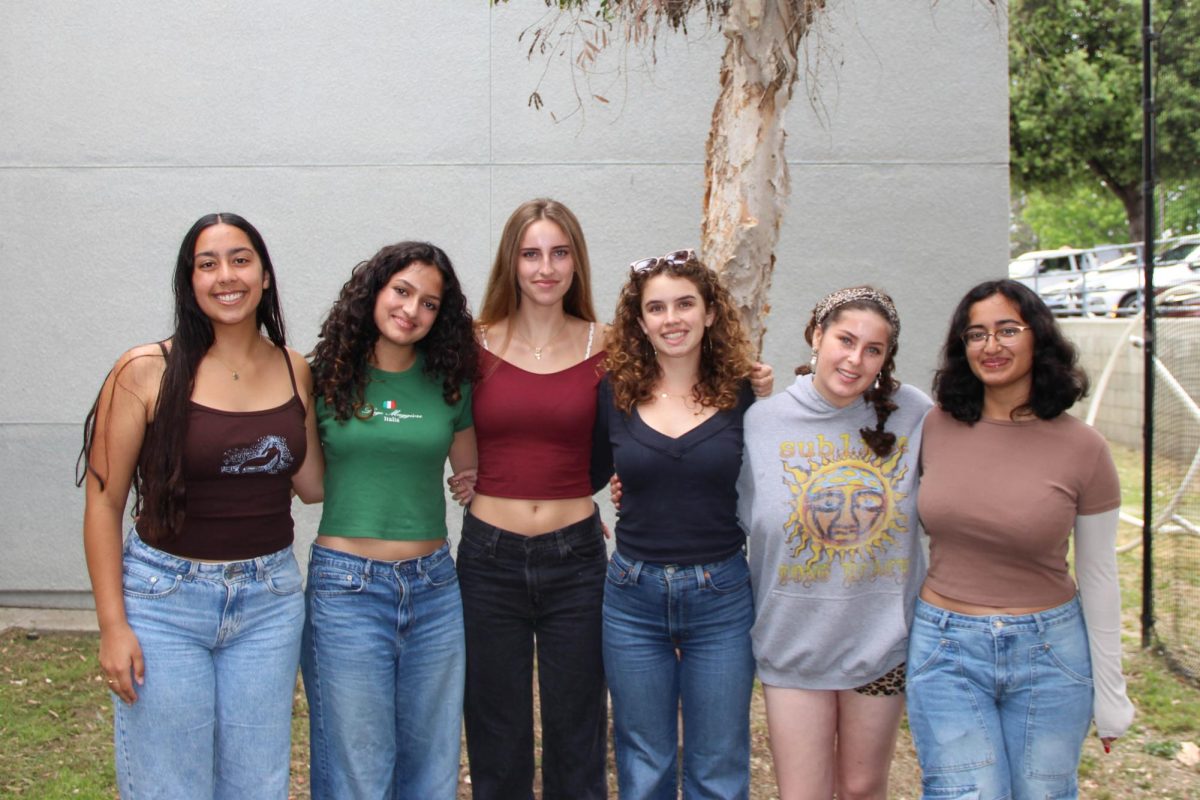
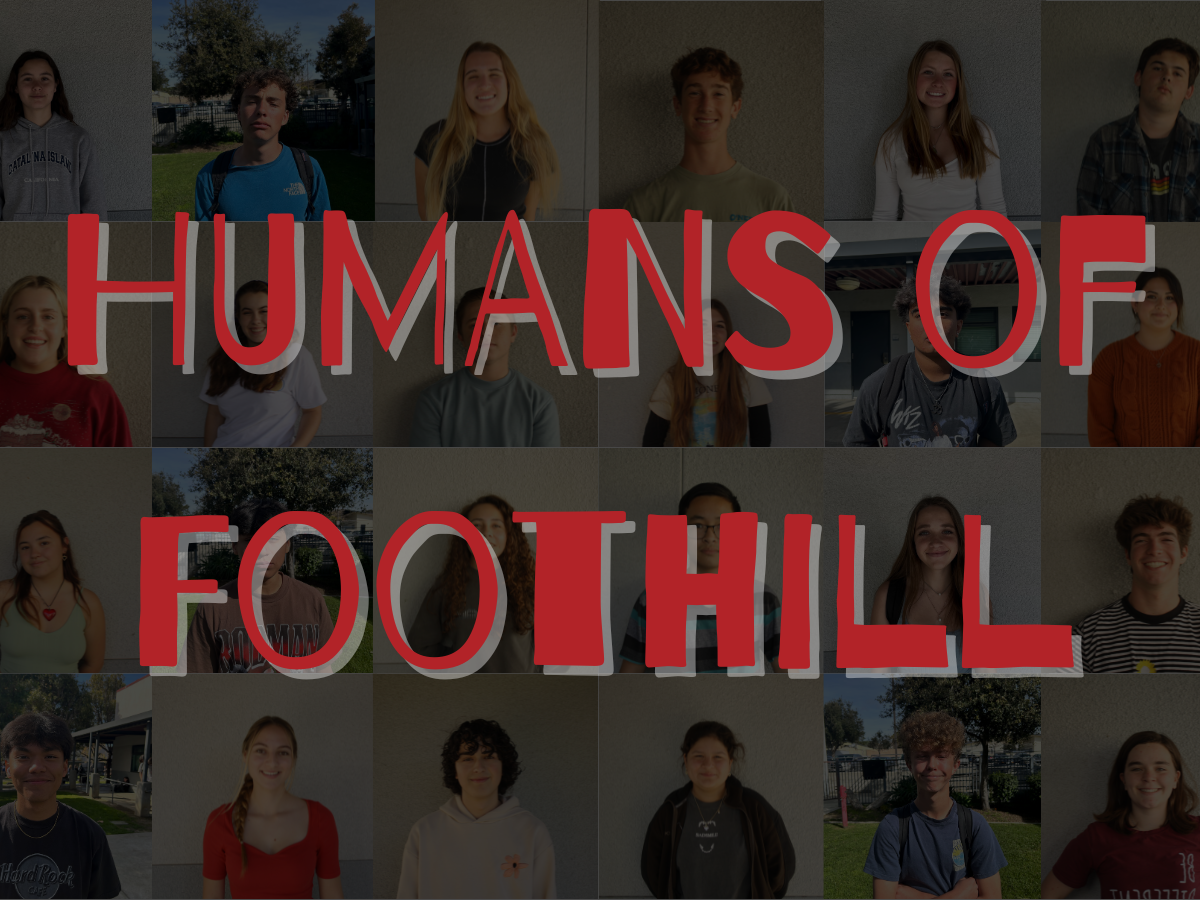

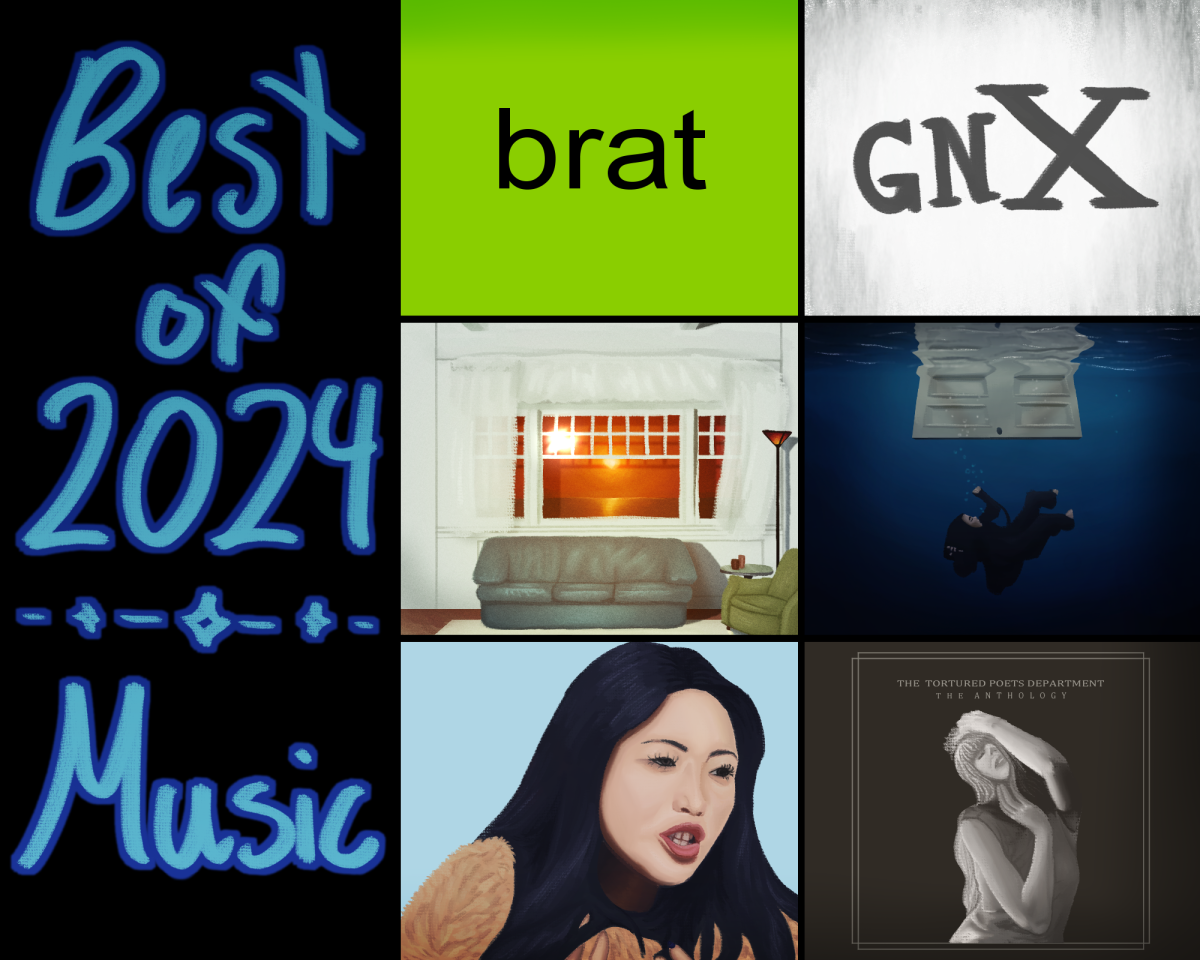
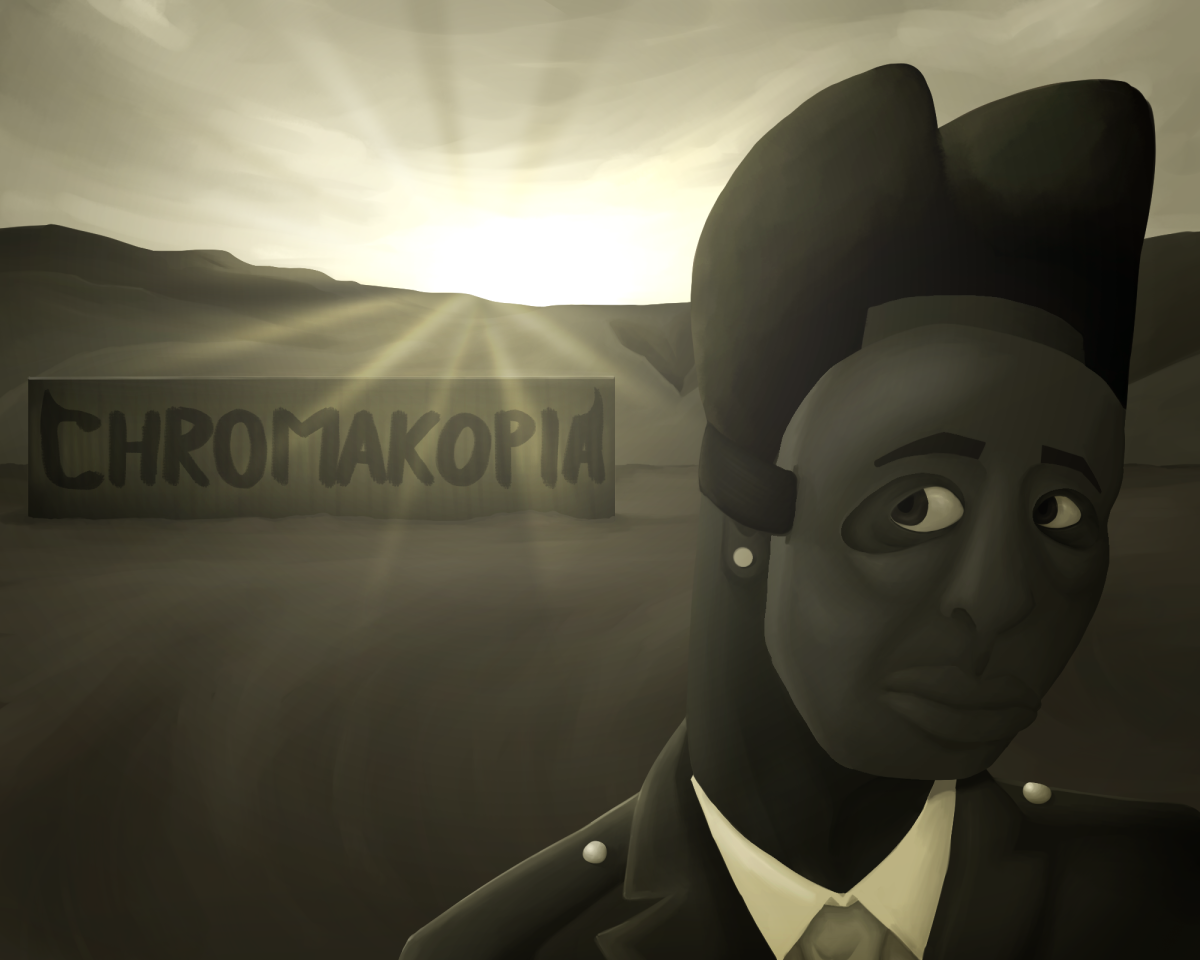
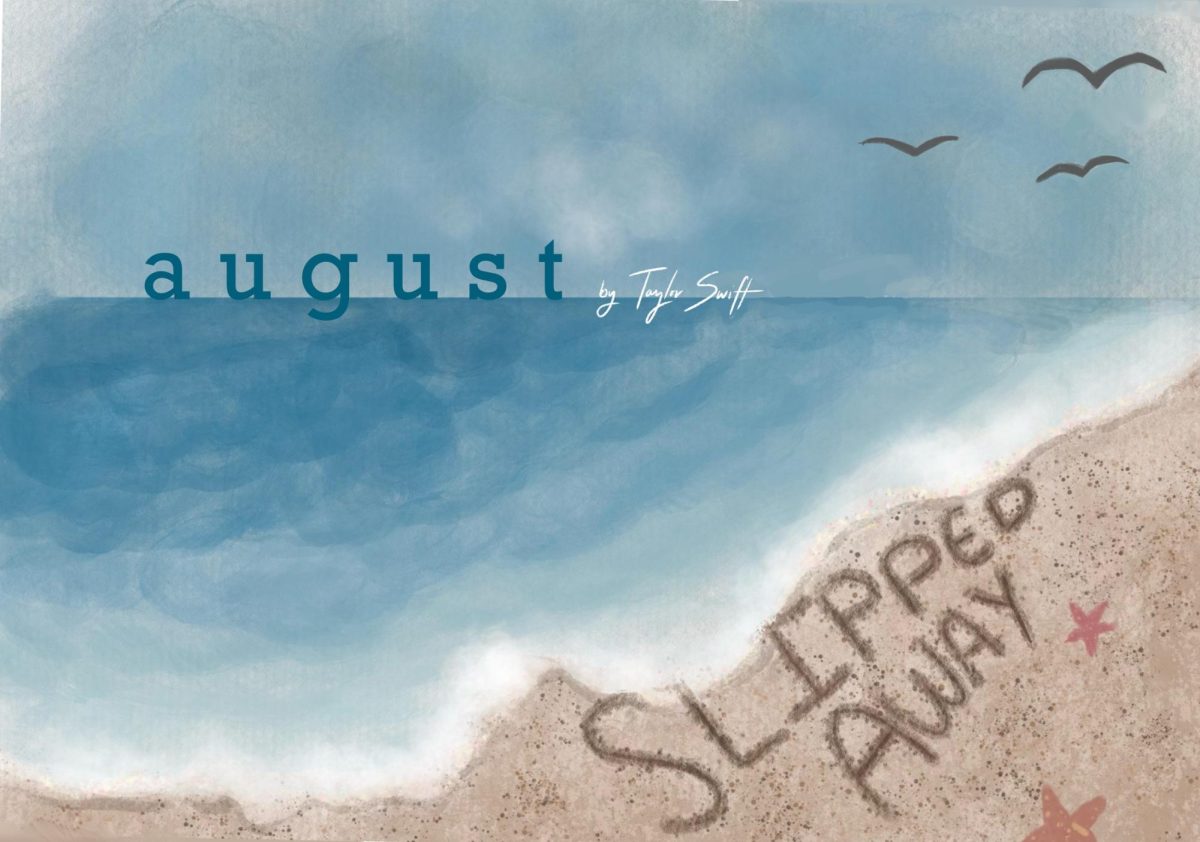
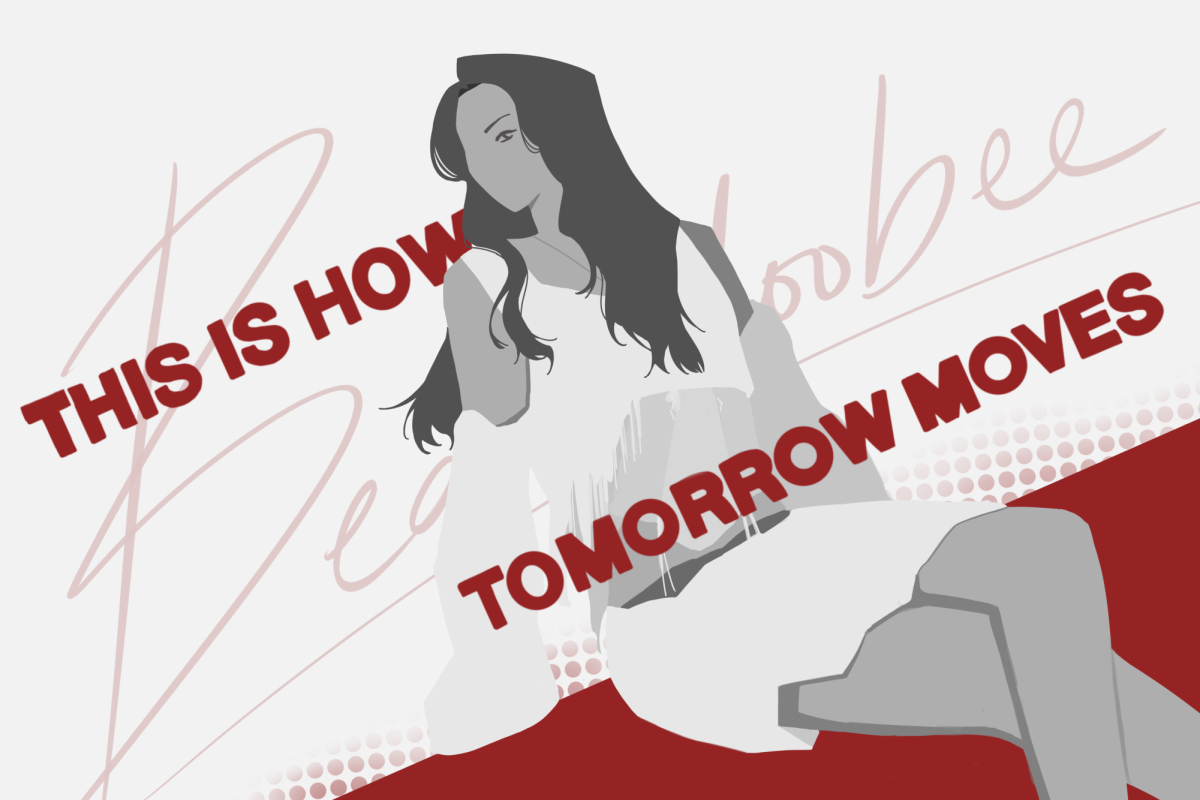
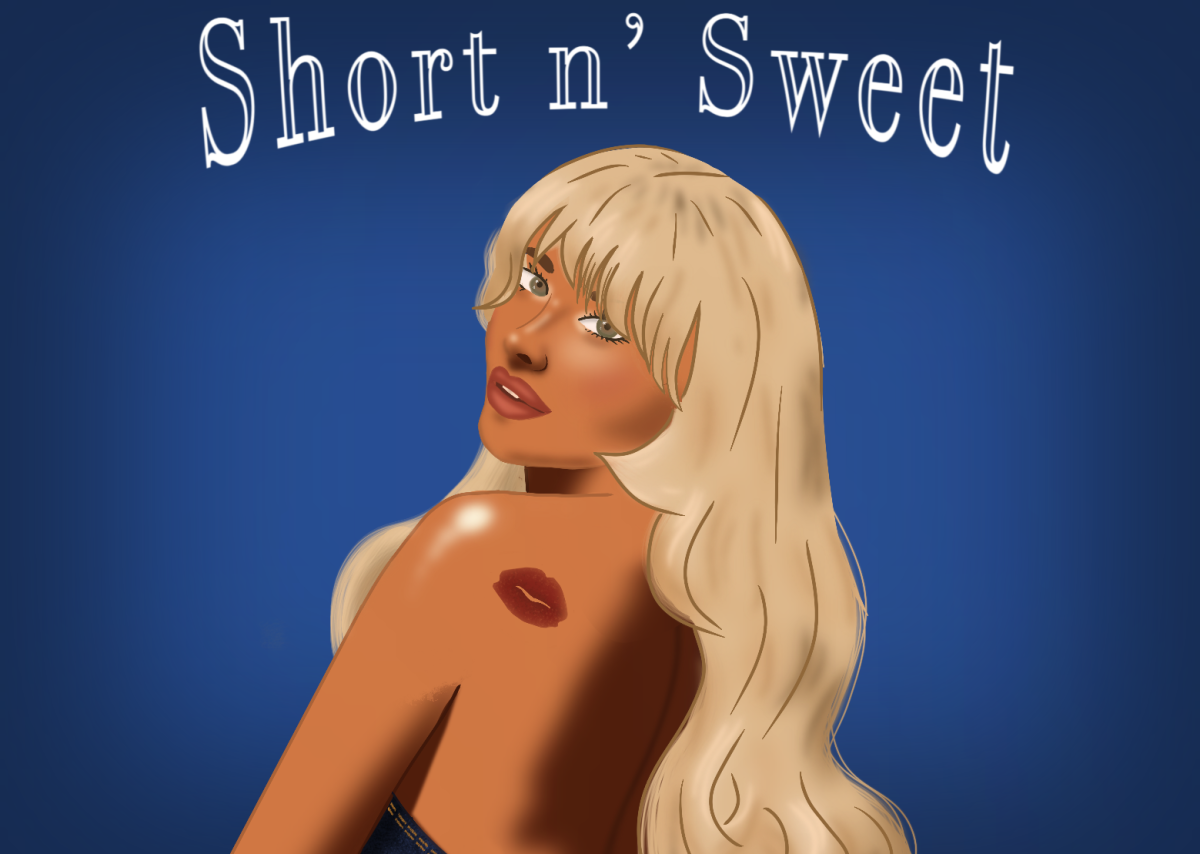

Skylar Holtgrewe • Oct 30, 2024 at 11:55 am
I’m in love with this story